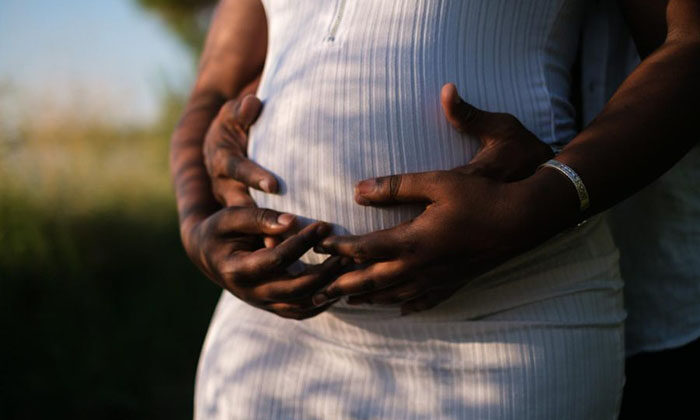
Stock photo/Kei Scampa
By Our Reporter and News Agencies
A new survey by researchers at Ipsos reveals that support for terminating pregnancies is declining in many nations.
The study, conducted from May 22 to June 5, in 25 countries, found that support for abortion has dropped in most countries surveyed since Ipsos first began tracking the world’s attitudes about abortion in 2014.
According to the survey, while an overwhelming majority of people say they approve of women having legal access to abortion “in some circumstances”, general support for the practice dropped from 72% in 2014 to 70% in 2020.
The biggest drop in support for abortion was in Germany, where approval of abortion stood at 76% in 2020, down from 85% in 2014.
Sweden, France, the United Kingdom, Spain, Hungary and Italy also saw support for abortion decrease since 2014. In all of the aforementioned countries, however, some 70% of respondents still expressed support for abortion.
The largest increase in support for abortion came in South Korea. In 2014, 59% of South Koreans supported abortion. That number rose dramatically to 79% in 2020.
Support for abortion also increased in Belgium, Australia, Canada, and Argentina. In all four of those countries, support for abortion was measured at 70% or higher. While support for abortion also increased dramatically in Russia and Mexico from 2014 to 2020, the level of support remained below 70%.
While support for abortion was measured at 70% or greater in more than half of the countries surveyed, the United States registered a much lower level of support for abortion compared to other developed countries. Abortion received 64% support in the U.S. in 2020, the same level of support it received in 2014.
The only country where abortion received less than 50% support was Malaysia, where only 24% of respondents expressed support for abortion, a 3% decrease from 2014.
While support for abortion remains high, support for unlimited and unrestricted abortion is low. Support for abortion was broken down into two categories: those who believe that “abortion SHOULD be permitted whenever a woman decides she wants one” and those who believe that “abortion SHOULD be permitted in certain circumstances, such as if a woman has been raped.”
Worldwide, just 44% of respondents agreed with the former statement while 26% agreed with the latter statement. In nearly every European country surveyed, as well as Canada and Australia, a majority of respondents agreed that women should be able to have an abortion for any reason.
The only outliers were Germany, where there was 49% support for unrestricted abortion, and Poland, where just 27% of respondents supported unrestricted abortion.
In the U.S., only 35% of respondents expressed support for unrestricted abortion while 29% believed that abortion should be legal only in certain cases.
Opponents of abortion were divided into two groups: those who believe that “abortion should NOT be permitted under any circumstances, except when the life of the mother is in danger” and those who think that “abortion should NEVER be permitted, no matter what circumstance exists.” Opposition to abortion with exceptions registered at less than 10% support in South Korea (8%), Hungary (7%), Canada (6%), Spain (6%), Australia (6%), Germany (5%), Great Britain (4%), Sweden (4%), Belgium (4%), the Netherlands (4%), and France (3%).
In nearly every country surveyed, less than 10% expressed opposition to abortion in all circumstances. The exceptions were Malaysia (13%), Brazil (13%), Peru (12%), South Africa (11%), and Mexico (10%).
In addition to breaking down the results by country, the poll analyzed the results of the survey by gender, education level, and region. The survey found that support for abortion was slightly higher among females (72%) than males (68%).
Support for abortion increased as education levels increased, with 75% of those with a high education level supporting the procedure in at least some circumstances. Some 69% of respondents with a medium education level expressed support for abortion, while support stood at 66% among those with a lower level of education.
Support for abortion was highest in Europe (80%), followed by North America and the Asia-Pacific (71%), Latin America (62%), and the Middle East and Africa (60%).
While abortion remains a hot-button topic around the world, a sizable proportion of respondents chose “don’t know/prefer not to say” when asked about their position on the issue. Worldwide, 12% of those surveyed did not have a clear position on the legalization of abortion.
Additional Reporting by The Christian Post.

